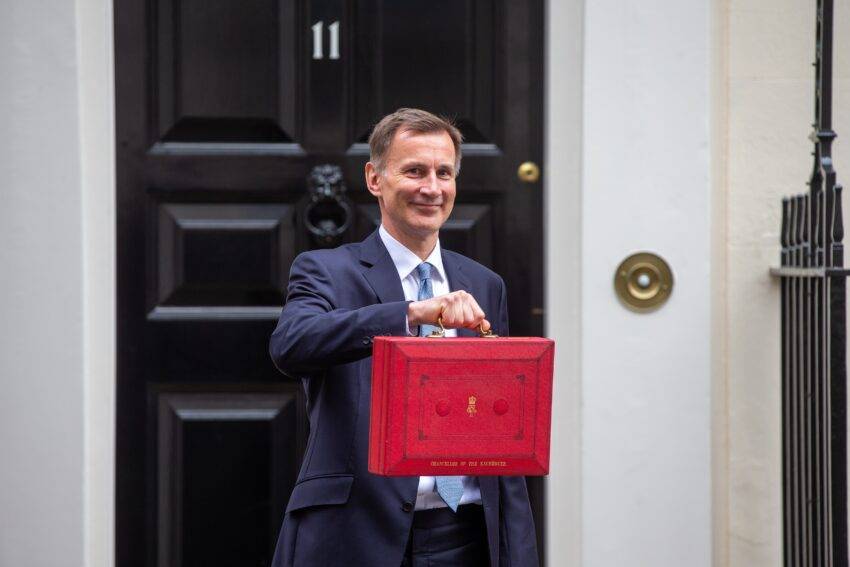(Bloomberg) — Pacific Investment Management Co. has warned the US Treasury about the fallout on investors from the strict sanctions that are pushing Russia toward default.
Most Read from Bloomberg
Executives at the asset management giant told the US Treasury about losses that US pension funds will face if fund managers are forced to write down their Russian holdings, according to people familiar with the matter. They have also made the point that a Russian default would allow President Vladimir Putin to keep foreign currency reserves that would have otherwise been paid to creditors, giving him more money for war efforts, said the people, who asked not to be identified because the matter is private.
Pimco held the equivalent of about $1.8 billion of Russian sovereign bonds as well as exposure through credit-default swaps in its largest fund, the $124 billion Income Fund, according to its first quarter holdings report released last month. Pimco managed $2.2 trillion overall at year-end.
“Pimco — given its fiduciary duty to its clients — has engaged with US Treasury to express some of those key consequences of Russia defaulting,” a spokesman for Newport Beach, California-based Pimco said in a statement.
Russia has argued it’s fulfilled all obligations even as its bond payments are stuck on their path to foreign investors by tighter US and European Union sanctions. That’s left fund managers who own the country’s foreign debt in an awkward position — making the case for payments that ultimately flow to their clients while running the risk of appearing to tell governments to relax their response to a conflict that’s already cost thousands of lives.
A representative for the Office of Foreign Assets Control of the US Department of the Treasury declined to comment on any discussions with Pimco about Russian sanctions.
The US Treasury stepped up financial sanctions further last week on Russia by barring investors from buying the country’s debt in the secondary market. The new rules mean US firms can hold or sell Russian corporate or sovereign debt, but can’t purchase it. JPMorgan Chase & Co. and Goldman Sachs Group Inc. are withdrawing from handling trades of Russian debt following the move, Bloomberg reported this week.
The ban comes as Russia tries to avoid a sovereign default on foreign currency debt by finding a way around sanctions that are preventing it getting money to bondholders. Two payments of about $100 million in total due May 27 are stuck at Euroclear Bank SA. Meanwhile, a missed interest payment has triggered all of Russia’s outstanding credit default swaps, which covered a net $1.5 billion of Russian debt as of the end of last month.
Money managers have spent months pouring over the legal fine print in Russia’s debt documentation to understand what might constitute a default. Despite the technicalities, there’s little doubt Russia is at risk of sliding into its first external bond default since the aftermath of the 1917 revolution.
Read More: Pimco Fund Added to Russia Swap Exposure in Weeks Before War (1)
Most Read from Bloomberg Businessweek
©2022 Bloomberg L.P.
















